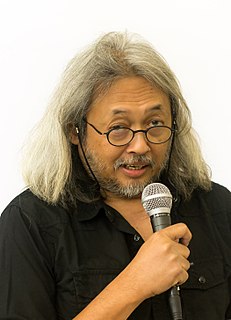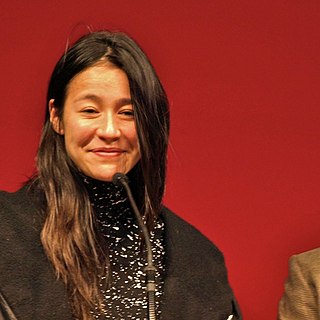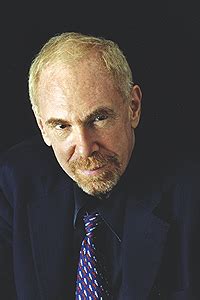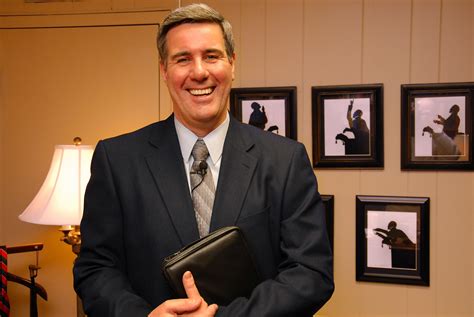A Quote by Matthew Arnold
Journalism is literature in a hurry.
Quote Topics
Related Quotes
The Lord's Prayer is 66 words, the Gettysburg Address is 286 words, there are 1.322 words in the Declaration of Independence, but government regulations on the sale of cabbage total 26.911 words. The difference between literature and journalism is that journalism is unreadable and literature is not read.
Almost everything I've learned about journalism has been from other friends who are journalists, taking advantage of the money I hope they don't think they threw away at j-school. I studied comparative literature, but the professional vagaries of journalism I've learned through other people's trial and error, and my own.
I always thought that I could write a novel. In my case, it was misguided. I do believe that the best nonfiction is not "literary journalism," a misleading term, but rather journalism that asks the questions that serious literature asks. It's storytelling that happens to be true. So I don't think it was a missed opportunity. After awhile you learn what you're really good at. Life is short, so spend time doing that.
Anyone who does investigative journalism is not in it for the money. Investigative journalism by nature is the most work intensive kind of journalism you can take on. That's why you see less and less investigative journalism at newspapers and magazines. No matter what you're paid for it, you put in so many man-hours it's one of the least lucrative aspects of journalism you can take on.




































